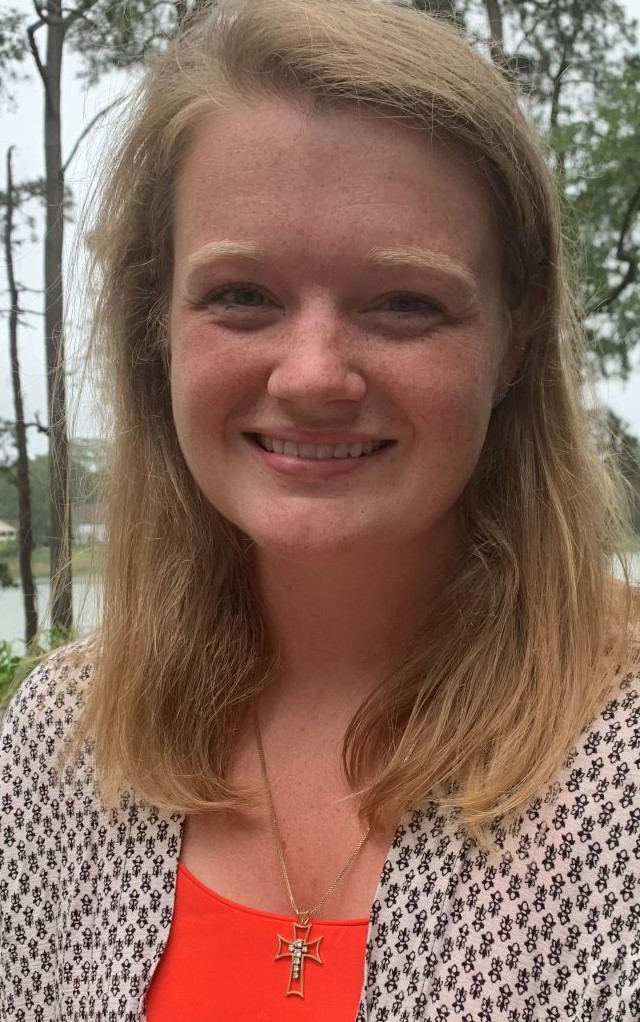By Sarah Wall
April is Financial Literacy Month, which means it’s the perfect time of year to think about your relationship with money. But what does it mean to be financially literate? After all, being literate can be as basic as “knowing how to read” or as complex as “having a strong knowledge of literature” – clearly two very different competencies!
Just as the alphabet is the basis for learning how to read, there are also building blocks to financial literacy. Consider these “ABCs” of managing your money well.
A is for… Avoid Taking on Debt.
If a hold-up to your financial literacy is debt, you are not alone. 80% of Americans owe at least some money because buying on credit is a cultural norm. Even online shopping platforms usually have an option to pay in “easy monthly installments,” and buying with cards is more commonplace than ever. But missing on-time payments even once can quickly trap consumers into paying sky-high interest rates.
Avoid debt by using debit cards, cash, and checks, and when you do use credit cards, never spend more than you’ll be able to pay off at the end of the month. For large purchases like a car or home, make your down-payment as large as possible; the less you have to cover with a loan, the less you’ll have to pay interest.
B is for… Be Aware of Interest Rates.
Interest rates are the trap behind taking out loans, accumulating debt, and buying on credit. But not all interest rates are created equal. Some, like credit cards, have compounding interest rates: the balance due exponentially increases from month to month. Student loans and mortgages, meanwhile, typically don’t compound.
Calculating interest rates might affect your strategy for paying off debt. Some financial experts recommend paying off the debts with the highest interest rates first since these are the most “expensive” debts. Understanding how interest rates play into the “cost” of debt will help you decide how to pay it best off.
C is for… Create a Budget
Only 1 in 3 Americans have a budget – but it’s key to becoming financially literate. A budget can show where you’re spending more money than you need to, whether it’s a subscription you never use or a workday lunch sandwich that you could brown-bag instead. Cutting out these unnecessary expenditures will make it a breeze to save a few hundred dollars every month.
Budgets have also gotten exponentially easier to create. Smartphone apps can link directly to all your accounts and give you a detailed picture of how much you’ve spent and earned each month. They can also display your spending in categories as specific as “Hair,” “Home Goods,” and “Coffee Shops.”
D is for… Decide Your Priorities – Save the Rest
Becoming financially literate also requires some careful considerations about your values and priorities. Is it essential for you to have cable TV, or would a satellite work for you? Is it more important that you have a membership to the golf club or weekly dinners out with your family?
Prioritizing your spending by capturing what you value most can help you determine the areas where you can cut back. Those extra savings can go towards something more significant, whether it’s a down-payment on a new house, your retirement, or your kids’ college fund.
E is for… Explore Your Investment Options
The ultimate display of financial literacy – one that will make life much easier for you in the future – is when you invest some of your money in the market. Those compounding interest rates will work to your benefit when it’s your income, not your debt, that’s compounding over time!
Whether it’s retirement, education savings, or growing your savings more quickly, decide what your specific goals are, then research to determine which market options (stocks, bonds, mutual funds, ETFs, and the like) will best help you accomplish them.
These building blocks are only the foundation: what you build on them will create your journey towards a healthy relationship with money. But start with these five ABCs, and you’ll find financial literacy is easy to build in no time.

Sarah Wall is a contributing writer for Smart Women Smart Money Magazine. For questions or comments email [email protected].










